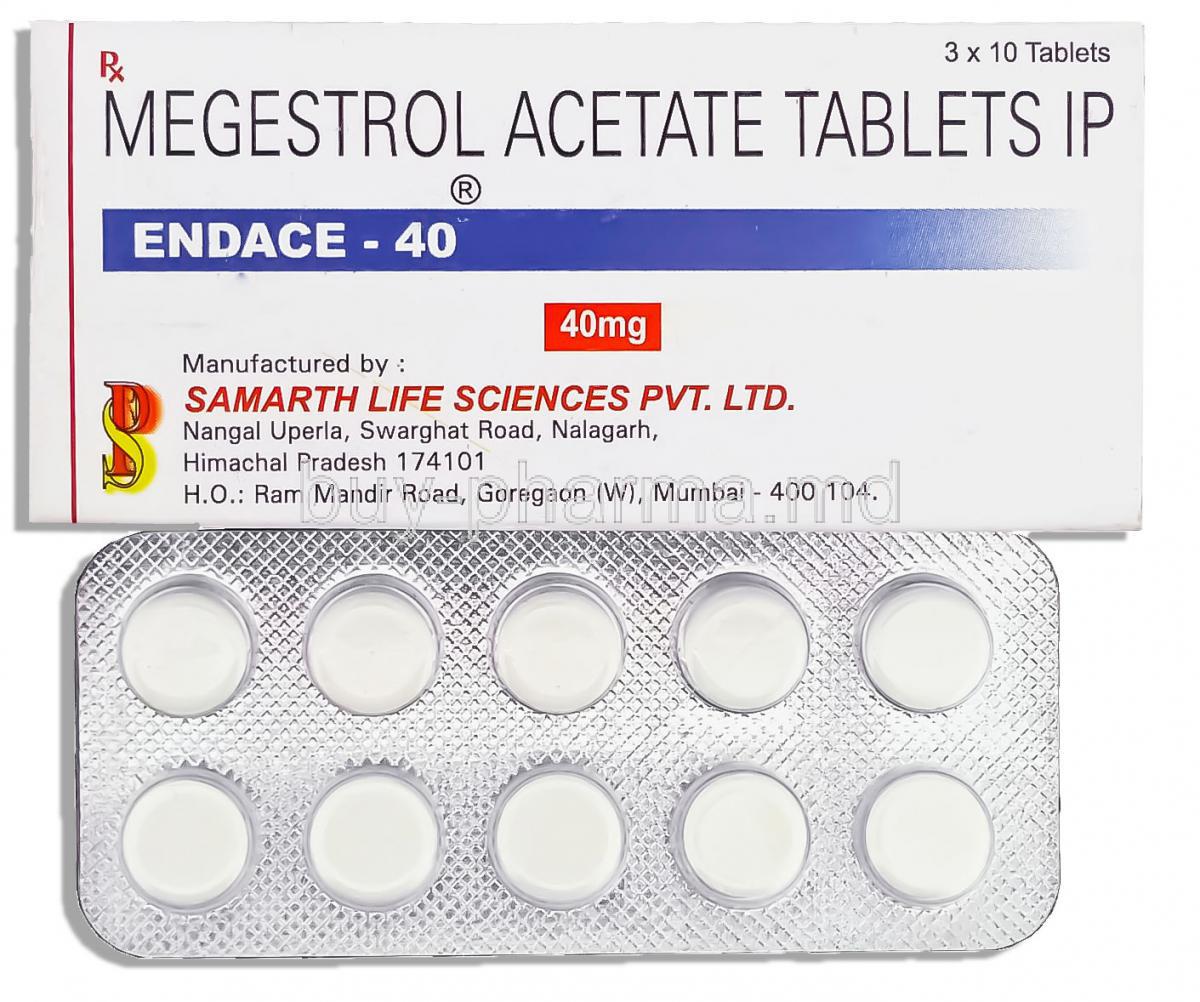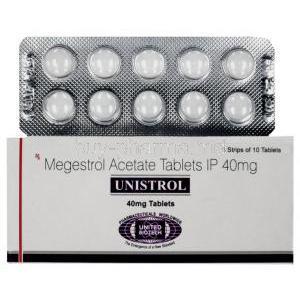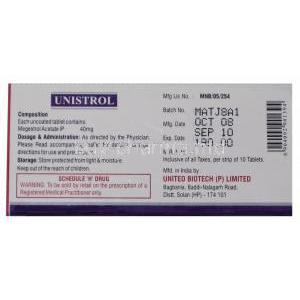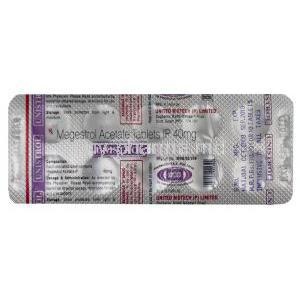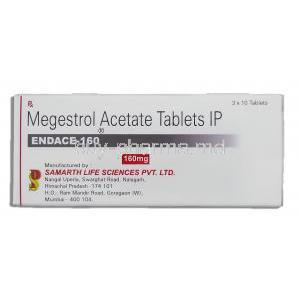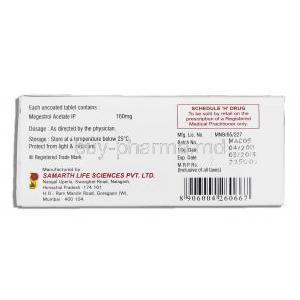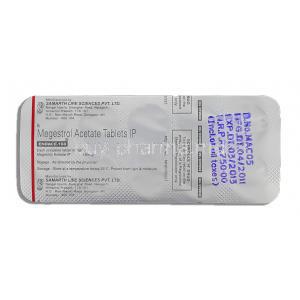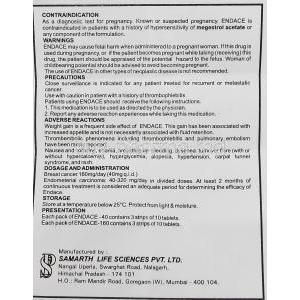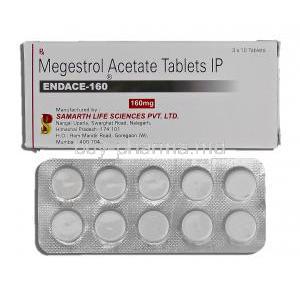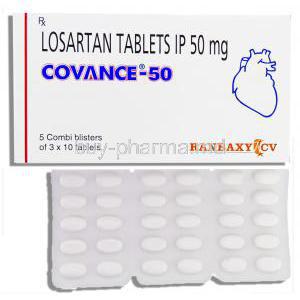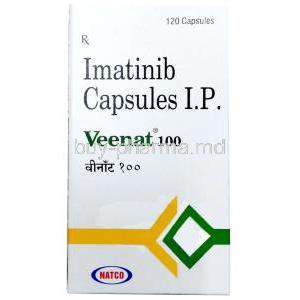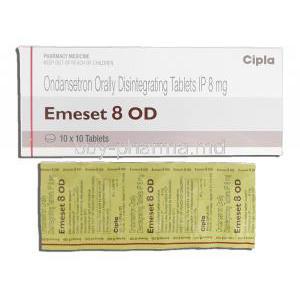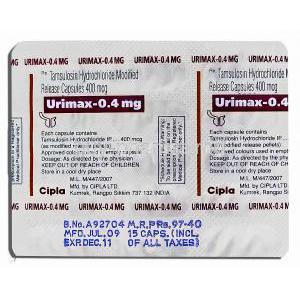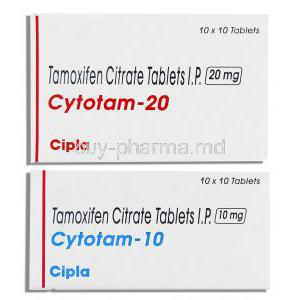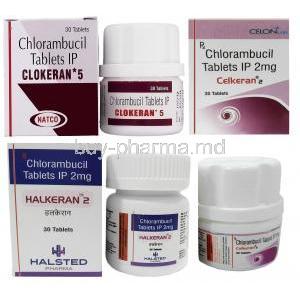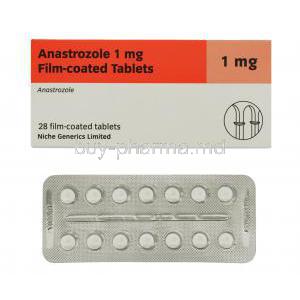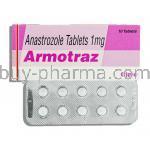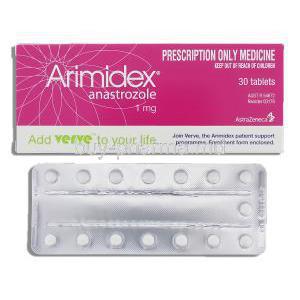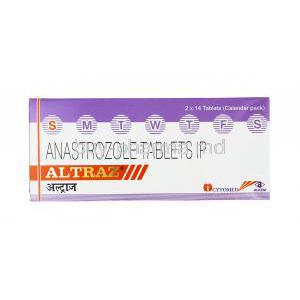Megestrol
- I. Introduction to Megestrol
- II. Uses of Megestrol
- III. The Science Behind Megestrol: How it Works
- IV. Composition of Megestrol
- V. Dosage and Administration of Megestrol
- VI. Potential Interactions with Megestrol
- VII. Side Effects of Megestrol
- VIII. Precautionary Measures with Megestrol Use
- IX. Specific Warnings and Contraindications
- X. Special Considerations for Administering Megestrol
- XI. Recognizing and Responding to Overdosage
- XII. Storage Guidelines for Megestrol
- XIII. Conclusion: Understanding Megestrol
I. Introduction to Megestrol
A. Overview of the Drug
Megestrol is a compound that is derived from progesterone. It is commonly used as a contraceptive or hormonal therapy. This medication has shown effectiveness in clinical situations affecting the endocrine system and influencing various bodily functions.
B. Its Role in Medical Treatments
Megestrol has established a place in the realm of medical treatments. Its application extends beyond hormone therapy. Instead, it has expanded its significance by addressing various health conditions, from anorexia to hormone-driven cancers. While it may not be the treatment choice in many cases, it frequently assumes a vital supportive role in amplifying the effectiveness of comprehensive treatment plans. Supplemental treatment for endocrine disorders Treating hormone-dependent malignancies Managing appetite and weight, in wasting diseases
C. Brief on Common Medical Conditions Treated with Megestrol
Megestrol is widely recognized as a versatile medication with numerous applications in therapy. It is frequently employed to treat breast cancer, mainly when the cancer cells are sensitive to hormones. Moreover, it addresses conditions like anorexia, cachexia, or substantial weight loss in patients with illnesses such as AIDS.
II. Uses of Megestrol
A. Approved Medical Uses
Megestrol is primarily used for its anticancer properties and as a stimulant. It is commonly included in the breast cancer treatment protocol that responds to hormonal therapy. Additionally, it is utilized to manage weight loss conditions such as those observed in AIDS patients or individuals experiencing cachexia.
Here is a reference:
B. Off-label Applications of Megestrol
Megestrol is primarily used for approved purposes but also finds utility in off-label applications. It is often prescribed to alleviate symptoms and enhance advanced cancer patients' overall quality of life. Additionally, megestrol addresses flushes experienced by women (and occasionally men) due to hormonal fluctuations. Lastly, there is some emerging evidence suggesting its potential in managing endometriosis, although further research is still needed to explore this application.
Here is a reference:
III. The Science Behind Megestrol: How it Works
A. Pharmacological Action of Megestrol
Megestrol, a progesterone derivative, works by binding to receptors in the body that are sensitive to progesterone. In the case of cancer, it hinders the growth of tumor cells that rely on hormones for their development, thus slowing down the advancement of the disease. When employed to stimulate appetite, it interacts with the feeding centers in the hypothalamus, effectively boosting hunger and resulting in an increase in weight.
B. Effects on the Human Body
The impact of megestrol on the body is quite complex. At a level, it disrupts the regular cell cycle preventing cancerous growth. In a sense, it stimulates appetite and subsequently causes weight gain. Nonetheless, there are drawbacks to its usage. Although it can be advantageous for medical conditions, prolonged use may result in hormonal imbalances that must be carefully monitored and managed.
IV. Composition of Megestrol
A. Active Ingredients and Their Roles
Megestrol, the active component in Megestrol acetate, falls under the category of progestins. Known explicitly as 17α acetoxy 6 dehydroprogesterone it is a derivative of progesterone. Its primary function revolves around its capability to engage with progesterone receptors, thereby impacting biological processes in the human body. These processes include regulating the cell cycle and stimulating appetite.
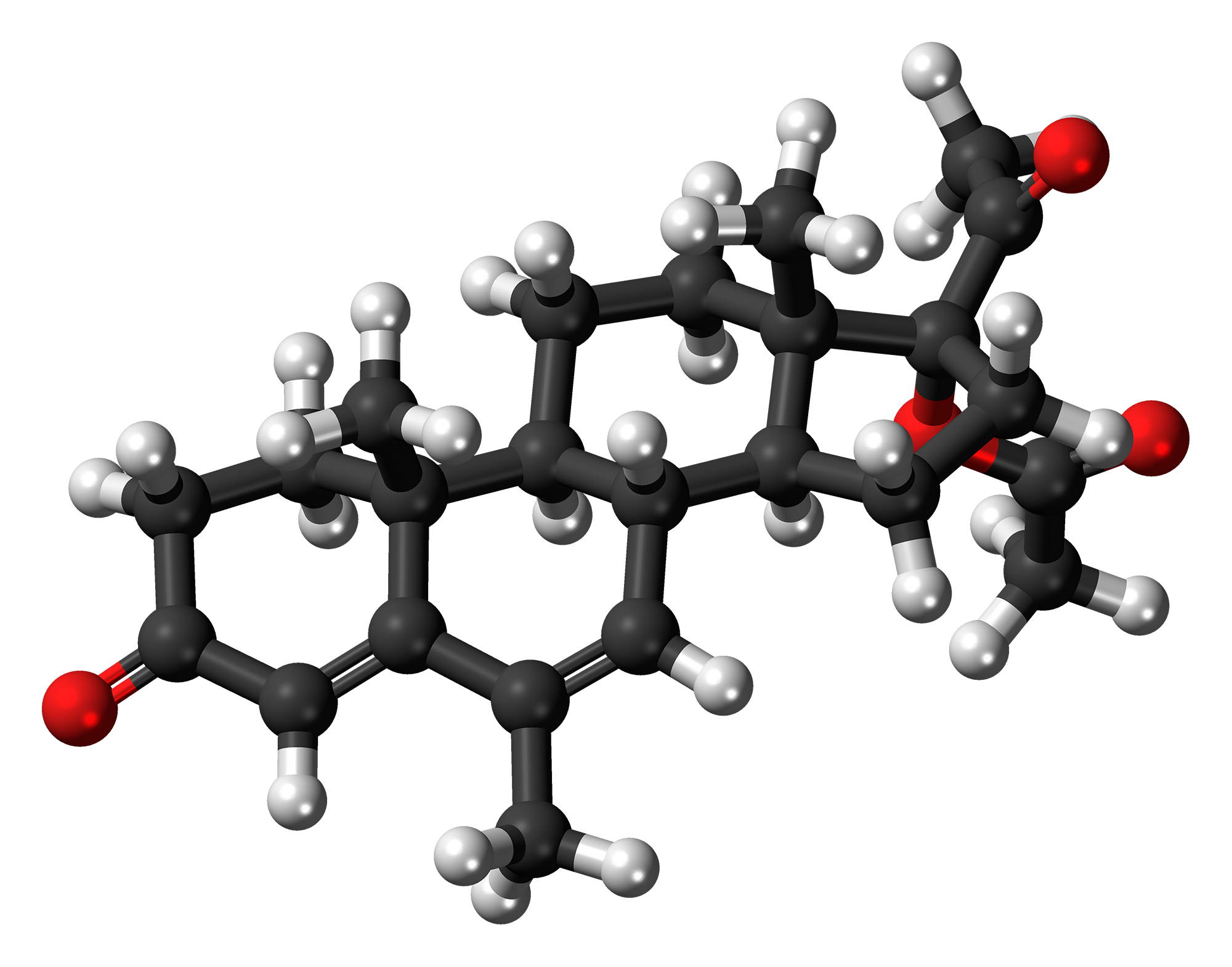
B. Inactive Ingredients and Their Functions
In addition to Megestrol acetate, this medication often contains inactive ingredients or excipients. Although these components don't have any effect, they contribute to the drug's stability, bioavailability, and taste. Typically the medication includes substances like lactose, magnesium stearate, and polyethylene glycol. Each of these ingredients has a function in the formulation of the drug. Lactose; It is used as a filler to increase the size of the tablet. Magnesium stearate is a lubricant that prevents the clumping of ingredients and ensures distribution. Polyethylene glycol; is utilized as a solvent in formulations and as a plasticizer in tablet formulations.
V. Dosage and Administration of Megestrol
A. Standard Dosage Guidelines
The dosage of Megestrol can vary depending on the condition being treated. Typically higher doses are prescribed for cancer-related conditions, while lower doses are recommended for stimulating appetite. It is essential to customize the dosage schedule based on how the patient responds to and tolerates the medication.
B. Modifications for Specific Conditions
Patients with issues with their kidneys or liver must have their dosage adjusted carefully to avoid any effects. It is also essential to change medication administration for patients who have medical conditions or are undergoing additional treatments simultaneously. It is crucial to consult a healthcare professional to determine the dosage in these cases.
C. How to Administer Megestrol Safely
Megestrol is usually taken by mouth. It can be consumed with or without food. It is crucial to take the medication simultaneously every day to ensure a stable concentration in the body. Patients are strongly advised against changing or stopping the dosage without consulting a professional, even if they start feeling better, to avoid potential negative consequences.
VI. Potential Interactions with Megestrol
A. Drug-Drug Interactions
It is important to note that megestrol can interact with medications, potentially changing their effectiveness or increasing the likelihood of experiencing side effects. Such drugs include Indinavir, a protease inhibitor used in the treatment of HIV, and Thrombolytic agents that aid in dissolving blood clots. It is crucial to communicate with healthcare providers regarding all medications being taken, both prescription and over-the-counter.
B. Drug-Food Interactions
While it is possible to take Megestrol with or, without food it is essential to note that certain types of food can potentially impact its absorption or effectiveness. To ensure that the medication works as intended, it is recommended to follow the guidelines provided by your healthcare provider or pharmacist.
C. Understanding How Interactions Can Affect Treatment
How people interact with each other can impact how well a treatment works and how safe it is. Sometimes these interactions can make Megestrol less effective or even cause side effects. It's essential to be aware of and handle these interactions properly to ensure the therapy is booming and the patient stays healthy.
VII. Side Effects of Megestrol
A. Common Side Effects Encountered
Although Megestrol has demonstrated effectiveness in therapy, it can cause side effects. Some frequent ones include increased appetite leading to weight gain, gastrointestinal problems like nausea or diarrhea, and experiencing insomnia and mood swings. It's important to note that these side effects are temporary and should lessen as the body adapts to the medication. However, if they persist or worsen, it is crucial to inform a healthcare professional.
B. Rare but Serious Side Effects
Although it is uncommon, Megestrol can sometimes result in severe adverse reactions. These may include insufficiency, thromboembolic events such as deep vein thrombosis or pulmonary embolism, and unexpected bleeding in women. If symptoms suggest these conditions arise, it is crucial to seek medical assistance.
C. How to Manage Megestrol Side Effects
To effectively handle the side effects of Megestrol, it is essential to have honest discussions with your healthcare providers. They can offer strategies for managing these effects, such as adjusting the dosage, providing symptom relief, or exploring alternative treatments. Maintaining a lifestyle by following a balanced diet and engaging in regular exercise can help alleviate specific side effects, like weight gain.
VIII. Precautionary Measures with Megestrol Use
A. Important Precautions Before Starting Treatment
Before starting Megestrol treatment, a conversation with your healthcare provider is crucial. This discussion should encompass your medical background, including any past instances of thromboembolic events, diabetes, or adrenal insufficiency. Additionally, inform your healthcare provider about all your medications to address any possible drug interactions.

B. Careful Administration and Monitoring
Megestrol should be taken exactly as instructed by your healthcare provider. It is important to have follow-up appointments and monitoring to track your treatment progress and identify any potential side effects as early as possible. This will involve having blood tests and scheduled checkups regularly.
C. Handling Precautions to Ensure Safety
For safety purposes, storing Megestrol in a dry location where children cannot access it is essential. It is crucial not to share this medication with anyone, even if they have symptoms. If there are any leftover or expired medications, it is advisable to dispose of them according to local guidelines or as instructed by a pharmacist.
IX. Specific Warnings and Contraindications
A. Known Contraindications for Megestrol
Megestrol should not be used by people with a known allergy or sensitivity to the medication or its components. It is generally not recommended for women as it may potentially harm the developing fetus.
B. Warnings for Certain Demographics and Health Conditions
It is essential to exercise caution when using megestrol in groups of people and with specific health conditions. These groups include individuals with a history of thromboembolic disorders, diabetes, or adrenal insufficiency. Additionally, it is advisable to be cautious when prescribing this medication to patients or those with renal or hepatic impairment, as dosage adjustments may be required.
C. Risk Factors to Consider
Some factors may impact the safety and effectiveness of Megestrol. These include the patient's age, general health condition, existing conditions, and other medications they may be taking simultaneously. Recognizing and addressing these risk factors is essential to optimize the treatment results and reduce any adverse effects.
X. Special Considerations for Administering Megestrol
A. Administration to Elderly Patients
Special attention must be given to the administration of Megestrol in individuals. The aging process can affect how the body processes and eliminates drugs, meaning dosage adjustments might be necessary to avoid adverse effects. Additionally, elderly patients often have health conditions that could interact with Megestrol. As a result, it is crucial to handle their treatment with caution and regularly monitor its effectiveness and any potential adverse effects.
B. Administration to Pregnant Women and Nursing Mothers
Megestrol is not recommended during pregnancy because it may harm the developing baby. If patients become pregnant while taking this medication, they should stop using it and be informed about the potential dangers. Regarding breastfeeding mothers, we are unsure if Megestrol passes into milk, so it's essential to be cautious when giving it to nursing mothers.
C. Pediatric Use: Administration to Children
The use of Megestrol in children has not been proven safe and effective. It should only be considered if the potential benefits outweigh the risks and only when closely supervised by a healthcare professional. It is essential to evaluate the balance between benefits and risks, closely monitor the dosage, and assess the overall benefit-risk profile for this specific group of patients.
XI. Recognizing and Responding to Overdosage
A. Signs of Megestrol Overdose
Overdosing on megestrol can cause a range of symptoms, such as feeling nauseous, vomiting, experiencing dizziness, or feeling generally unwell. While there isn't a known remedy for this, it's crucial to identify these signs to ensure appropriate treatment quickly.
B. Immediate Actions and Treatment Options
If there is a suspicion of an overdose, it is essential to seek medical help. The treatment will mainly focus on providing support and managing symptoms. Depending on the time since ingestion and the patient's condition, gastric lavage or the administration of activated charcoal may be considered. Monitoring vital signs and observing the patient as part of their management is crucial.
XII. Storage Guidelines for Megestrol
A. Appropriate Storage Conditions
Megestrol should be stored at room temperature, away from sunlight and moisture. Keep it in its container and out of reach of children. Avoid storing it in bathrooms or areas with temperatures or humidity to prevent the degradation of the medication.
B. Expiry and Safe Disposal of Megestrol
You should not throw away expired medication or medicine that you no longer need by placing it in your household trash or flushing it down the toilet. Instead, it is recommended to return it through a take-back program or dispose of it as instructed by a pharmacist or your local waste disposal company.
XIII. Conclusion: Understanding Megestrol
A. Summary of Key Points
Megestrol is a medication that has a wide range of medical uses. However, handling its usage with caution is crucial to maximize the advantages and minimize any risks. Patients can enhance their treatment experience by knowing how the drug works, possible side effects, and medication interactions and taking necessary precautions.
B. Encouraging Informed Decisions About Megestrol Use
Making informed decisions plays a crucial role in effective medical treatment. When patients work with healthcare providers, they can choose to use Megestrol by having a comprehensive understanding of the medication, including its purposes, impacts, possible risks, and how to handle them. The ultimate objective is to ensure that the treatment process prioritizes safety and efficacy while catering to the patient's needs.

